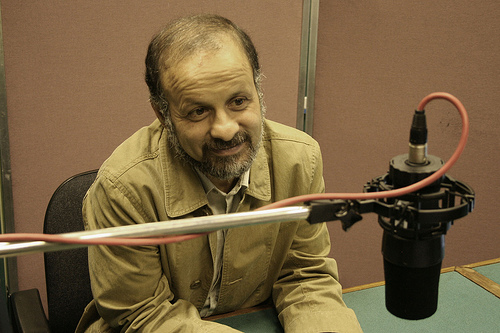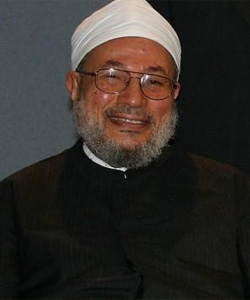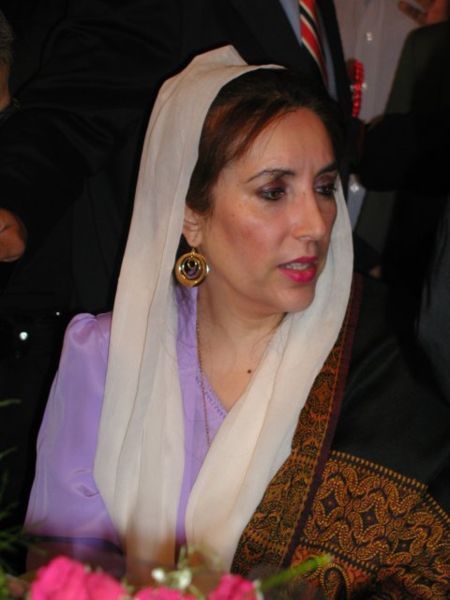Antworten von einem, der es wissen muß: Akbar Gandschi, der bekannteste iranische Dissident, hat 6 Jahre im Evin-Gefängnis in Teheran verbracht, weil er über Menschenrechtsverletzungen des Regimes und mörderische Machenschaften seines Geheimdienstes berichtet hatte.

Gandschi, der selbst gewarnt hat, dass Khomeinis Theorie der Regierung (welajat-e-fakih, Herrschaft des Rechtsgelehrten) zum Zweck einer permanenten Machtergreifung mit „faschistischen Tendenzen“ inzerpretiert werden könnte, wendet sich in Newsweek gegen die heutige Benutzung des Begriffs „islamischer Faschismus“ bzw. Islamofaschismus mit Bezug auf den Iran:
„Drawing analogies between present-day Iran and Hitler’s Germany is totally misleading. For one thing, the political, economic, military, technological and scientific circumstances of the world now bear no resemblance to Hitler’s era. Iran today does not have the power that Germany did then. And Western governments in 2007 are much more powerful than Germany’s rivals were in 1935.
Relying on its military strength, Nazi Germany sought to gain mastery over the world, conquer other countries and destroy countless lives. Even if Tehran harbored such dreams, it wouldn’t have the practical and scientific know-how to achieve them. Consider nuclear weapons. Even by the most alarmist estimates, Iran is at least five years away from making an atomic bomb, while Israel alone already has more than 200 warheads.
More important, Iran does not harbor such dreams. The Islamic republic’s top leader, Ali Khamenei, may be a megalomaniac, but his energies are directed first and foremost at preserving his regime and turning Iran into a regional power and, perhaps, a leader of the Muslim world.
Another important difference: Iran’s political system is very different from that of a totalitarian fascist state. Power is not concentrated in the hands of one person but is diffused among competing factions; the regime is authoritarian, but not totalitarian. While elements of Iran’s oligarchy might like to create such a state, they have been prevented from doing so by, among other things, the communications revolution—which (via satellite TV, radio and the Internet) makes it impossible for the government to effectively control information.
Yet another key distinction between today’s Iran and Nazi Germany concerns anti-Semitism. Notwithstanding Ahmadinejad’s inflammatory rhetoric on Israel, anti-Semitism does not exist in Iran as an official state policy. It’s no coincidence that Iran remains home to the Middle East’s second largest Jewish population (after Israel), of approximately 25,000. While their situation is far from ideal, these citizens are protected by the state and are allowed to discreetly attend synagogue.“
Gandschi leugnet nicht, dass es faschistische Tendenzen im islamischen Radikalismus gebe – aber ein Weltkrieg gegen den „Islamofaschismus“, zu dem manche Neocons rufen, scheint ihm völlig kontraproduktiv:
„Yes, Islamic fascism is a problem, but it’s primarily an internal one that Muslims need to confront. If Bush and Blair are serious about combating it they should avoid policies—like invading and occupying other countries, supporting dictatorial regimes and backing Israeli security at the expense of the Palestinians—that give rise to it. Muslim democrats can defeat the fascists in our midst, but we need peace and stability in our region to do so—not another war that will be exploited by reactionary forces.“



